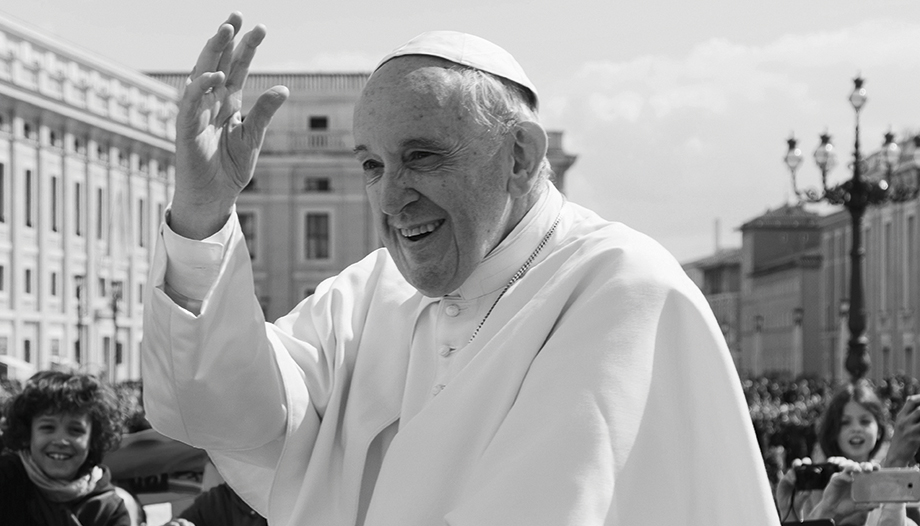Many clocks stopped on April 21. The death of FrancisThe 266th Pope of the Catholic Church closed 12 years of pontificate, exercised by Jorge Mario Bergoglio, and opened a new stage in the history of the Church.
From the time the then Cardinal of Buenos Aires took the chair of Peter in March 2013 until his death on Easter Monday 2025, the world has undergone significant changes that have shaped a panorama of the future far removed from the one that seemed to be drawn in 2013. The Church has also experienced, in these years, diverse situations that have left open questions for the next papacy.
There is much speculation about the challenges to be faced by the Pope who will succeed Francis at the head of the barque of Peter (a name that, perhaps by the time you are reading these lines, we will already know). In the days leading up to the election of the Roman Pontiff, I am left with the idea underlined by many cardinals: the history of the Church must be read as a succession, a progression that does not make sense if each pontificate is treated in an atomized manner.
When we speak of the Church - and in recent weeks there has been talk to the point of saturation, especially from those who know little or nothing about the family of the Catholic faithful - it is almost impossible to paint a portrait that does justice to the diversity of spaces and environments in which the Mystical Body of Christ is incarnated. We tend to analyze the Church from a personal perspective, often too human and certainly reductionist.
Considering the Church as a set of power dynamics is perhaps one of the great dangers of today's society, both inside and outside the Church. It is true that we cannot fall into the absurd childishness of not wanting to recognize that, as an institution made up of men, these do not have more sins than we would like. But if there is one thing that becomes clear at moments like the opening of a new pontificate, it is that the Church "it is not a human association, born of common ideas or interests, but of a summons from God. He has summoned it and therefore it is one in all its accomplishments." (Benedict XVI, General Audience, 15-10-2008).
It is well known that anecdote of the Cardinal Consalvi when Napoleon threatened the destruction of the Church: "I will put an end to your Church." to which Consalvi wisely replied "For nineteen centuries now we (Catholics) ourselves have been doing our best to destroy it and we have not succeeded." Probably, Napoleon, as they continue to do two centuries later, had not integrated this action of the Holy Spirit in the Church.
What does the Church of tomorrow need? The same as that of today: the commitment of each of its members, from the Pope to the last baptized person, to put into practice that call to holiness, mission and witness through which God acts in every part of the earth.








